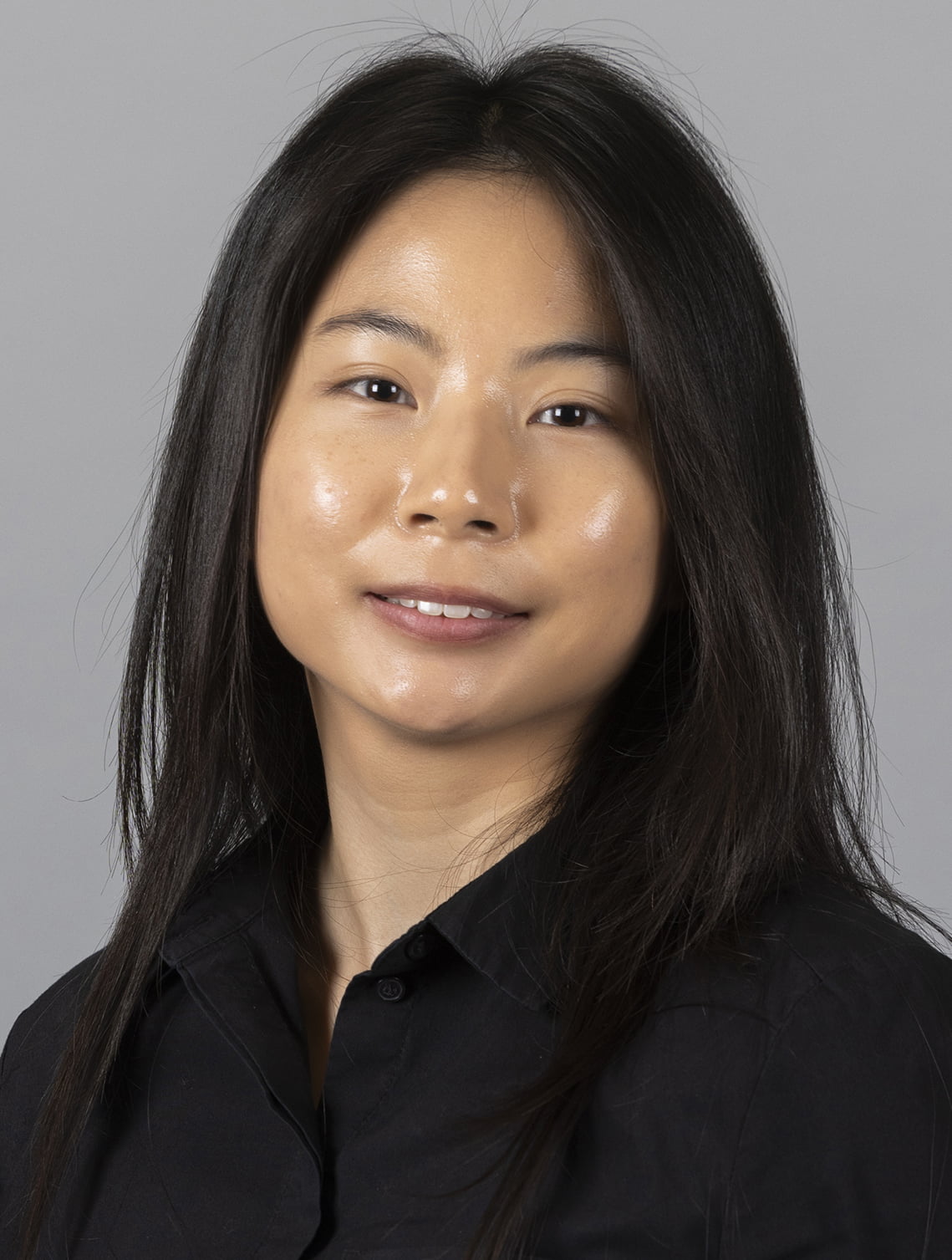Life Sciences Building, Room 206
501 S. Nedderman Drive
Box 19047
Arlington, TX 76019
Biology student wins research award at LSAMP Conference

A biology student at The University of Texas at Arlington recently earned an award for her research about antimicrobial drug resistance.
Christina Nguyen, a senior biology major, received the second-place award at the 2023 UT System LSAMP (Louis Stokes Alliance for Minority Participation) Conference held in August in El Paso. Nguyen’s award-winning project focuses on bacteria which are resistant to antibiotics, an increasingly difficult problem in health care.
The LSAMP program’s overall goal is to assist universities in diversifying the nation’s science, technology, engineering and mathematics (STEM) workforce by increasing the number of STEM degrees awarded to populations historically underrepresented in these disciplines.
“I was happily surprised at the announcement that I received the award,” Nguyen said. “At the LSAMP Conference, I had the privilege to hear multiple fascinating presentations from students all over Texas, and it was fun sharing my work with other accomplished undergraduate researchers.”
Nguyen’s research project involves the study of gene expression in a drug-resistant, Gram-negative bacterium called Acinetobacter baumannii, or A. baumannii. Gene expression is the process by which information from a gene is transcribed into functional gene products such as proteins. Gram-negative bacteria are among the world’s most significant public health problems due to their high resistance to antibiotics.
“When discussing issues in public health, it is imperative to mention how antimicrobial drug resistance is a serious threat,” Nguyen said. “Gram-negative bacteria, especially, are extremely resistant to antibiotics because of the presence of an outer membrane barrier. Multi-drug resistant Gram-negative infections are typically treated with colistin, the ‘last resort’ antibiotic. However, among Gram-negative bacteria, it has been observed that A. baumannii can develop intrinsic resistance to colistin.”
This resistance intensifies the need to identify new possible mechanisms of action to target in A. baumannii for new antibiotic development, Nguyen said. She and her collaborators hypothesize that a pair of lipoproteins, called lpp1 and lpp2, contribute to cell envelope stability when in the presence of outer membrane stress.
“My project aims to evaluate the expression of these lipoprotein genes in response to outer membrane stress as well as what regulates the expression of these genes on the transcriptional level,” she said.
Nguyen, who grew up in Mansfield, became interested in biology while in high school. Her youth pastor’s empathy and spirit of service while battling terminal cancer inspired in her a desire to pursue medicine.
“Having taken biology courses in high school and gained first-hand exposure to its application in a clinical setting, I found myself naturally drawn to furthering my understanding of biology at the university level,” she said. “I was ecstatic to find that biology is such a diverse field, spanning from human physiology to microbiology, allowing me the opportunity to explore multiple points of interest.”
She chose to attend UTA after working with UTA student organizations to coordinate volunteer events while she was in high school.
“I liked how the diversity of the student population stimulated great conversations about cultural awareness and molded new perspectives,” she said. “The students I met at that time showed inspiring dedication to improving the Arlington community through the paths they had chosen—science, engineering, art, etc. That experience made me feel confident that I would thrive as part of the UTA community, with the ability to find success in both academic pursuits and opportunities to give back to those around me.”
During her first semester at UTA, she learned about a pilot program called Research Interest Groups (RIG) being launched by the UTA chapter of the Society of Asian Scientists and Engineers (SASE).
“SASE RIG is a student involvement program that provides the foundations necessary for undergraduates to participate in a student-led research projects and explore the diverse research work conducted by faculty on campus,” Nguyen said.
After taking a microbiology course, she became interested in participating in undergraduate research. In summer 2021 she joined the lab of Joseph Boll, assistant professor of biology. Boll’s lab group studies antimicrobial resistance, Gram-negative cell envelope, and bacterial pathogenesis. She learned from Boll and doctoral student Feroz Ahmed, who earned his Ph.D. from UTA in summer 2023.
“That summer, I blossomed as an undergraduate researcher and I developed a greater appreciation for the intricacies that make up even the smallest parts of our world,” she said. “That time was an important period where I redefined my learning process and expanded my career vision to include research in each step.”
Boll praised Nguyen’s work in the lab and how quickly she learned the ropes of conducting research.
“Christina is a brilliant, hard-working, driven individual who is going to do great things in science and medicine,” Boll said. “She is also one of the most caring and patient individuals that I have worked with, going out of her way to ensure those around her are successful. It was a real treat to have her in the laboratory, and I know big things are in store for her.”
Nguyen became program director for SASE RIG’s first in-person cohort, in which 25 undergraduates interacted with faculty at panels and seminars to enhance their final projects and presentations.
“The sum of these early moments in my research career inspired me to continue exploring opportunities as a scientist,” she said. “I am thankful to my mentors, Dr. Boll and Dr. Ahmed, who helped me succeed by motivating me to continue improving my skills in scientific investigation and communication.”
--The UTA College of Science, a Carnegie R1 research institution, is preparing the next generation of leaders in science through innovative education and hands-on research and offers programs in Biology, Chemistry & Biochemistry, Data Science, Earth & Environmental Sciences, Health Professions, Mathematics, Physics and Psychology. To support educational and research efforts visit the giving page, or if you're a prospective student interested in beginning your #MaverickScience journey visit our future students page.